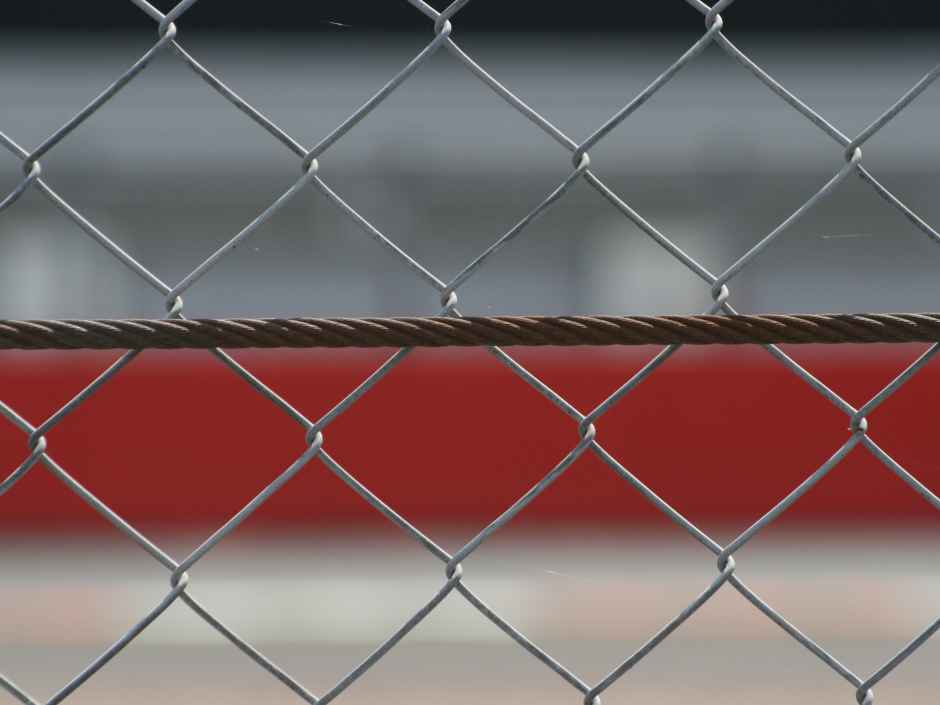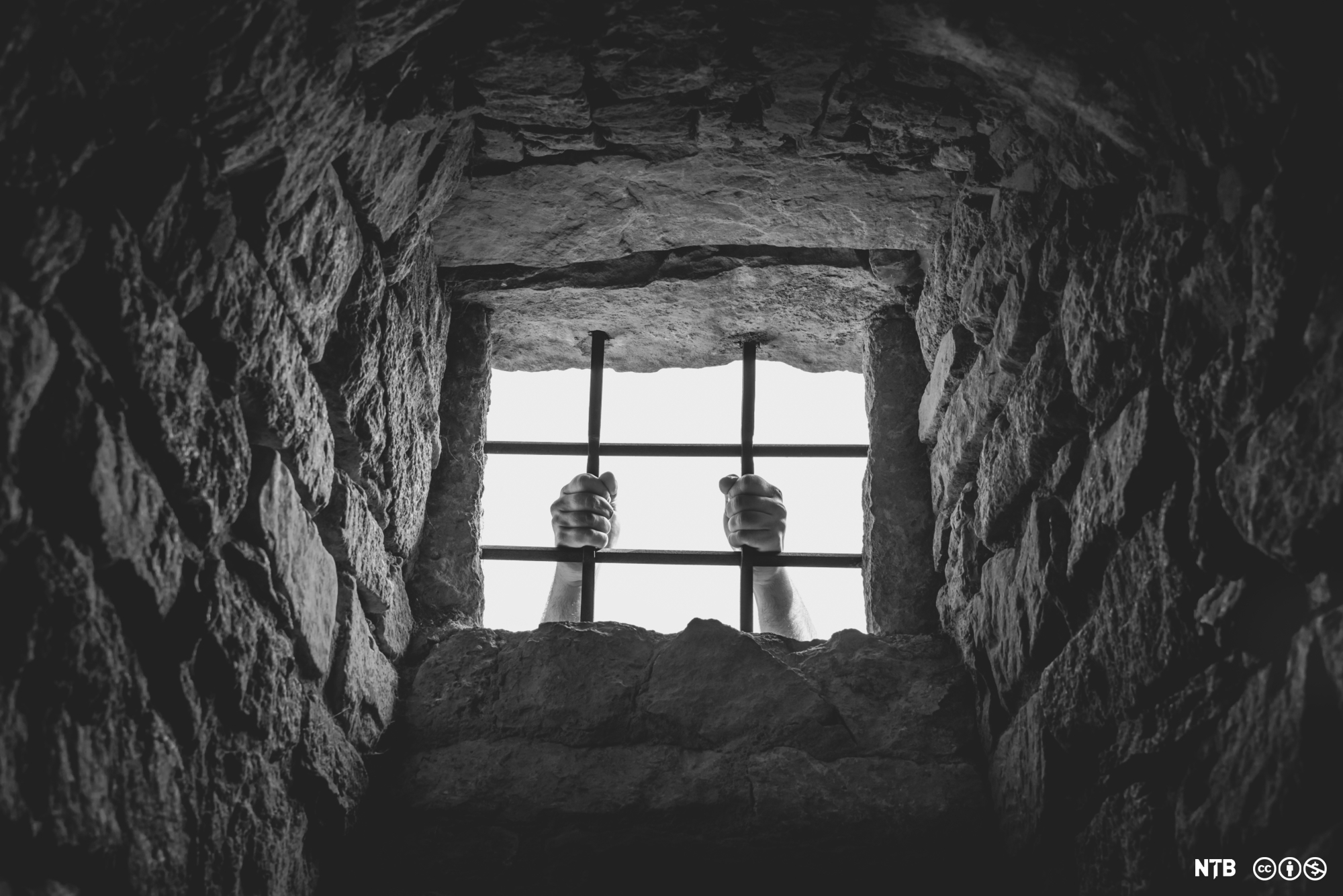This one is probably going to ruffle a few feathers. But hey, I’m not going to start worrying about that now….
Trauma is a big word, and not one that I use lightly. At the same time - I am not a psychologist, or a psychiatrist, or a trauma expert, and I am not in any way qualified to say what is actually trauma proper, as such. I haven't had an expert go, "yes, this is trauma". It's just me using a word for something that has scarred me significantly, in ways that I'm only starting to really understand properly. I'm not trying to detract from the experiences of other people who have trauma, or compare my experience to theirs. That's never helpful anyway.
With those caveats out of the way; let me tell you a story. In many senses, this is a story that I have told many times before, including here on this blog (you can go and search for those if you like, I haven’t taken them down; but I feel like linking to them directly would detract from this story I’m telling now). I've just told it very differently before, and focussed on a rather different aspect of things than what I do now. Before - it was a story about porn, and "addiction". Now - it's a story about trauma, and systems. We have a lot of systems these days that are meant to support us, but tend to end up failing us; this story, perhaps unsurprisingly, is about the church.
I grew up in the church, and in a Christian family; it was basically all I knew. Within the church, there are a lot of expectations - some of these are explicit, like "you should be supporting the church financially." Some are implicit, like "we don't say that queer people aren't welcome here, but you're going to feel rather uncomfortable." And these will be somewhat different from church to church, denomination to denomination.
But one of the expectations that is fairly common to most Christian churches and denominations - whether explicit or implicit - is no sex before marriage. Along with that typically comes the expectations of not looking at porn or fantasising about sex, and often no masturbation (though that may depend on the church/denomination). These are depicted as sinful and wrong, and depending on the church may be preached on regularly, particularly to teenage/young adult congregations, with ideas like "saving yourself for marriage" and "staying pure" and "true love waits" being rampant. The epitome of this is in what is commonly known as "purity culture", most commonly seen in America, but certainly having some influence here in Australia as well. It often includes things like teaching girls to dress more modestly so that boys won't "fall into temptation" and the like. Hopefully, dear reader, we are already seeing why this may be problematic.
Now, imagine you are a teenager in this world. Hormones are starting to rage, you're starting to notice that people are rather attractive in different ways than you noticed before, and parts of your body are.....leaking. There's rather a lot of pent-up sexual energy happening, and in this system, there is no way to healthily release that which is considered okay. (We also have this issue to some degree in the larger world, with the awkward period between when people start to get horny and when they can do something about that [with other people anyway], but we seem to somewhat ignore this? I dunno.) You're supposed to ignore it, suppress it, "pray it away". Maybe try distracting yourself with other things, or use the energy on exercise or something like that. But if that's not working, and you are still a very horny teenager - what do you do?
I started looking at porn. And rather quickly, I fell into a bit of a cycle. Look at porn -> feel shit about myself for looking at porn because I was told it was wrong -> sit in shame and the like for a while -> get horny again -> repeat. I started to look at porn more and more frequently, and at the time, started to see this as an addiction cycle. But it was a shame cycle. One that escalated into self-loathing and self-hatred, because this was clearly a horrible terrible thing that I was doing, and it was my terrible secret, and I was definitely a sick and twisted person for doing these horrible things.
The strange thing about this was, for a good amount of time, nobody knew about this. Nobody else was looking at what I was doing and telling me these things. I was looking at what I was doing, and because of what I felt the system that I was in would say, I was judging myself. I was my own judge, jury, and torturer. And I feel like I really did torture myself for it. I thought that I was the scum of the earth, and made sure that I felt like it. And - perhaps the most important thing - I thought that that was what I was supposed to do. That this was the correct and reasonable response expected of me by the system I was in, and anything less would be wrong. But - I was able to break out of that cycle. And that didn't happen by not looking at porn any more. (Shocking spoiler: I still look at porn.) It happened through connection.
There was a point where I broke the silence. Where I started to tell people, little by little, what had been happening. And as things went on, I started to discover a remarkable thing - that I wasn't the only one who had felt like this, and that I wasn't actually a horrible and terrible person. That people didn't stop caring about me and loving me, even though they knew this dirty secret. So I started to believe that too. That actually, what I've done, or even am still doing, doesn't really change how loved I am, or how worthy I am of love. And that that's true for everyone. Now, that was a cool and good thing to learn, and something that I am grateful for from that time.
Fast forward a bit to now - and this whole saga got a bit reframed, thanks to deconstruction. The traditional Christian world has a bit of a habit of demonising sex and everything to do with it; but stepping outside of that world, it's easier now to see a clearer picture. I did a comprehensive breakdown of talking about sex in various contexts in my post about
polyamory and Christianity, so I won't repeat that here; suffice it to say, I don't think that sex outside of marriage is sinful any more. In fact, there are many times when sex
inside of marriage can be sinful, where there's a lack of consent, where there is abuse; the focus needs to be on informed and clear consent, rather than on "are these people married?"
In terms of pornography, are there issues with it? Sure. But there are issues with a lot of things. Just because there's porn that objectifies women, or is unethical, doesn't mean that all porn is like that. There are a lot of ways that meat is produced that are now seen as unethical, but for many people, that doesn't mean they stop eating meat. Perhaps they change the sort of meat they eat, and buy ethically; or some may avoid meat entirely, and that's okay too. So yes, there are issues with porn, and it's important to address those or take steps to avoid those; but I'll leave other people to focus on that for now, because that's not the thrust of what I'm talking about here. What about porn addiction, you say? Well.....what about it? Let's look at what we mean when we're talking about addiction. We're talking about a repeated habit, either to do with a substance or an activity, that is compulsive, unhealthy, and if stopped typically causes some level of psychological damage to the individual. Was it something I was doing a lot? Yes. Was it unhealthy - affecting things like school, or work, or my own physical, emotional, psychological, or financial health? Well, it didn't affect school, or uni, or work. And what affected my health wasn't looking at porn - it was the shame, self-loathing, and self-hatred, brought on by the system that I was in. The issue here isn't porn. It's the system.
And because of this system, there's so many things that don't get talked about, and education that doesn't happen, or happens badly (like abstinence-only sex ed talks). It also means that sex work, and sex workers, can be demonised as well, or seen as victims and powerless - and while there are people that fall into the cracks because they feel like they're out of options, or are coerced into it, again, this is not representative of all sex workers. One of the things I've been grateful for as I've moved more outside of conventional Christian spaces is meeting many people that just don't exist in that space; and some of those have been people who do, or have done (in various capacities) sex work. And, surprise surprise, they are lovely and wonderful people, not unlike the other people that I've met in life. And their work is no less valid or important, just because it involves sex.
The traditional church has many issues. But perhaps one of the more pervasive, and that has affected our modern world the most, is the attitude towards sex and sexuality. It's a battle that's been fought for quite some time now, and I don't know if we can really say that anyone has won. But a lot of people have lost. And continue to lose. I wonder how many other teenagers are out there who were in a similar position to me; trapped by the system that they're in, with no healthy way out that they know. Stuck in a vicious cycle of shame, because their world has said that these things aren't okay, that this is wrong, and you should feel bad about this. I hope for a better world. I hope for a healthier world, where we can have open conversations about things, and stuff doesn't have to be scary just because it's different. I hope for a safer world, where people don't have to be afraid to talk about what they've done, or who they are, or what they like.
But it feels like that world is still a long way away. So, for now, we find our little communities. We find our pockets of safety, of peace, where things make sense. We try to speak out against the hurt. We heal those that have been wounded and scarred. We give refuge and sanctuary to those who need it. We try to change the system, where we can. And we live as best we can, in a world that is still rather crazy in so many ways.
There’s probably more that I could try to say; and there are probably things that I haven’t addressed, on both sides of things. But perhaps this is enough for now.



